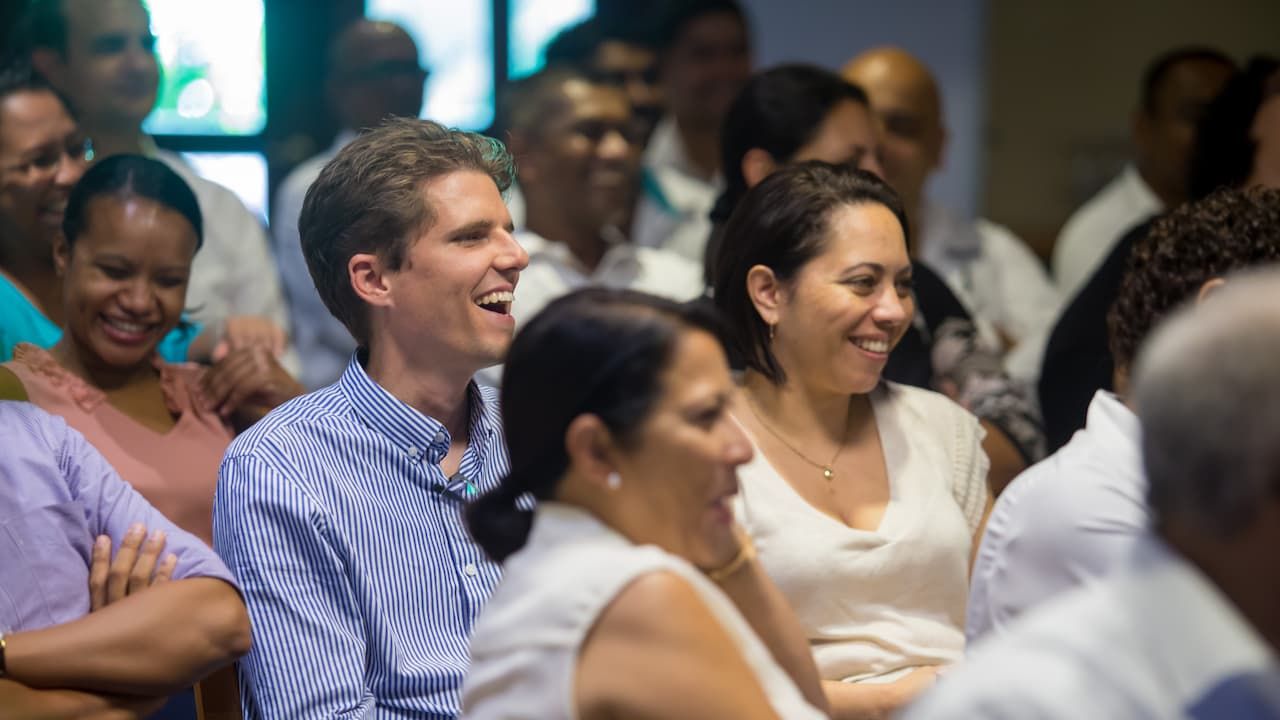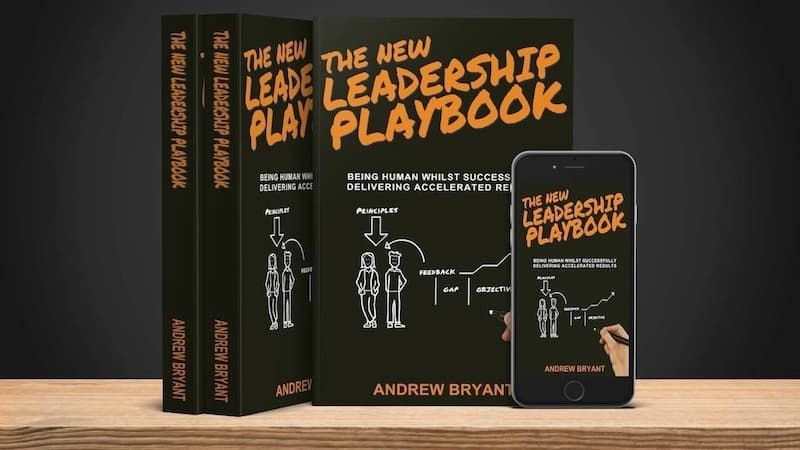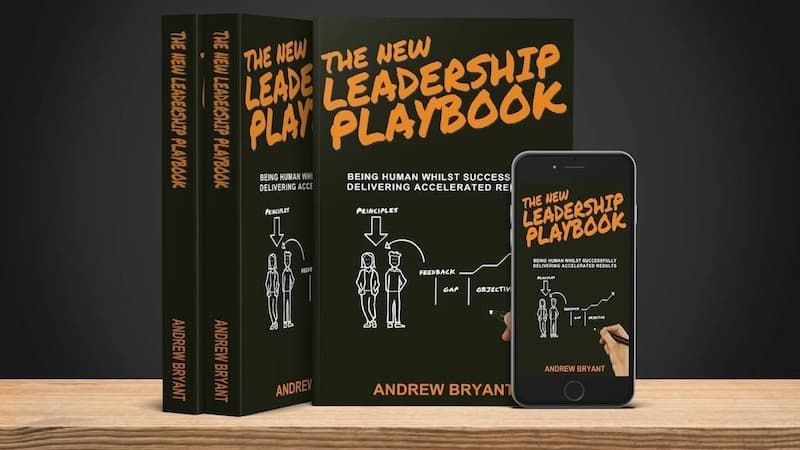Why Love is the Secret for Feedback and Growth

I imagine you like to laugh, but how do you feel about being laughed at?
We will all be laughed at by others for something, at some time, whether that is for our actions, our words, or our beliefs. Rather than 'going postal', we usually laugh it off and get on with our day, but it is my experience that even the calmest people have a sensitive spot that doesn't respond well to ridicule.
Can You Take a Joke?

I am English by Birth and married to a Brazilian. Just this sentence often evokes laughter, because the cultural differences are so obvious. When we first met, my wife expressed a Brazilian idea:
"It's better to lose the friend than lose the joke".
This means that nothing is out of bounds and in today's PC Culture where people are easily offended, this is a radical concept.
I bravely accepted the challenge but was unprepared for the realization of the number of 'sensitive spots' that I was carrying, and the challenge to my self-image when these were pointed out. This post would be too long if I listed them all, but the number one taboo for me was making fun of my driving (I recently had to get used to driving a manual shift on the right side of the road).
When nothing is off limits to being ridiculed you develop greater self-awareness and self-leadership, you have to engage your critical thinking as to why you hold certain beliefs and behave in certain ways. Yes, it can be uncomfortable, but I am fortunate that I have received this feedback from somebody who I love, and loves me.
Love, Feedback, and Growth
This is my point, holding back for fear of offending deprives that person of an opportunity for growth, but if you are going to have some fun, make sure that it comes from love.
In the case of my wife, Andrea pictured here, this is romantic love, but if you are a leader or a manager this means loving your people and seeing their potential for growth. If the word love is too 'mushy' for you then replace it with Unconditional Positive Regard (UPR). UPR was popularized by humanistic psychologist, Carl Rogers and means expressing empathy, support, and acceptance to someone, regardless of what they say or do.
Many years ago, I had an intern, Radu, who had requested regular coaching from me for his development. One morning, Radu did something that made my blood boil, I don't remember what it was but I remember being mad at him. That afternoon we had our coaching session scheduled. I realized that if I took my anger and criticism into that session I would not be a good coach. I took some breaths, let go of the past, and focussed on my unconditional positive regard for Radu. Today, Radu is a successful entrepreneur and author and credits much of his success to my coaching. How different might his trajectory have been if I had lost my cool in that coaching session?
I have not always approached differences of opinion with love and UPR, I have created conflict when I have argued my position too strongly and made the other person feel belittled, and made myself look arrogant. As I have got older, and a little wiser, this happens less and I seek to show my UPR before engaging in debate.
Learn to Laugh
Good comedians have the ability to get us to laugh at sensitive topics by showing how ridiculous certain perspectives can be. I love watching an edgy comedian skillfully navigate taboo topics that create divisiveness when used as talking points by politicians.
When we laugh, we step back from the situation and see things from a different viewpoint. We can all become less reactive by not taking ourselves too seriously and by embracing the insights that come from laughter. so, my advice is:
Don't ridicule others without UPR but don't lose the joke.
Don't be so sensitive that you can't see the funny side of your own beliefs and behavior.
In Summary
I'm not a comedian, as my wife frequently points out, but I am a Global Speaker on Self-leadership, so I get to about taking ownership in different countries and cultures. I have learned that I only need to be funny if I want to get paid, but if I'm going to be funny not to make fun of my audience. Once I have established UPR, I can then challenge beliefs and behaviors and invite my audience to have a growth mindset.
The maxim that I employ, that I encourage you to adopt, comes from Maya Angelou:
"People don't care how much you know until they know how much you care."
GET A FREE CHAPTER
THE NEW LEADERSHIP PLAYBOOK
BEING HUMAN WHILST DELIVERING ACCELERATED RESULTS



